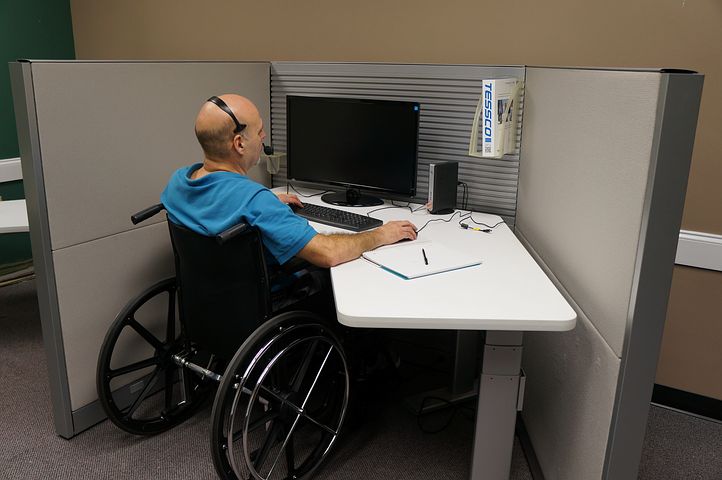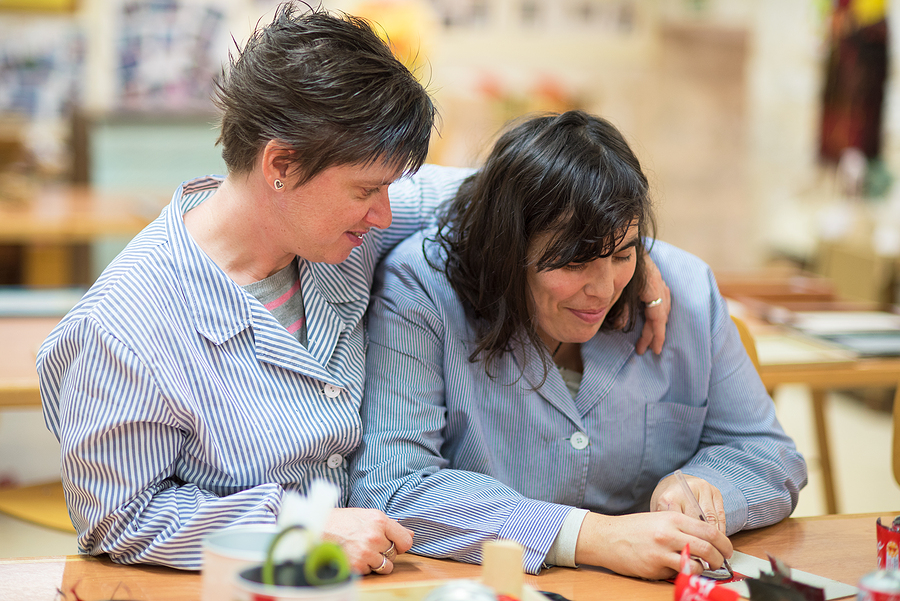The national disability insurance scheme has allowed many people to find their feet and independence throughout the years in varying capacities. Occupational Therapy NDIS has assisted immensely in a variety of cases and situations where otherwise, hope would have been lost long ago.
There are calls for more assistance of course as there is always more than can be done, so today we will take a stand and point out the fundamentally positive impacts that occupational therapy NDIS has for the individual and the community at large.
1. It Gives People A Sense of Independence
One of the core principles of occupational therapy NDIS is giving people a chance to feel their individual sovereignty and define a sense of purpose for themselves. Through a range of debilitations of mental or physical capacities, there can be a major loss in independence across many facets and occupational therapy NDIS aims to give that sense back.
Studies have shown that one of the most vital and human qualities that are necessary for any chance of recovery is a patients’ sense of independence and self-confidence. Trained practitioners in occupational therapy NDIS have determined skills to build everyday movements back into someone’s repertoire.
The physical ailments that prohibit someone from feeling independent usually amount to the everyday activities that are otherwise held back due to injury or disability. Eating, drinking, bathroom usage etc, this physical aspect of occupational therapy NDIS is immensely important for building a sense of independence.
2. Provides People with Expertise In Home Adaptation Equipment
Occupational Therapy NDIS specialists are also adept at the improvement in the home of people with cognitive and physical impairments. Being on the forefront of their industry, the experts who provide occupational therapy NDIS have an unfettered understanding on the latest technological advances that can assist patients with various impairments.
This could be someone recovering from a recent surgery who requires assistance with dressing and requires an advanced apparatus to assist, or a variety of accessories and tools made exclusively for the kitchen to ensure a safe but usable environment for various deficiencies.
Occupational Therapy NDIS specialists are also able to provide a home evaluation for prospective patients for their care. This typically involves overviewing the entire residence and addressing potential safety hazards in and around the home.
3. Relevant Skill Building For Everyday Development

When one thinks about occupational therapy NDIS, it typically evokes the idea of the physical aspects of recovery and treatment and little else – it goes beyond that entirely. Pioneers of the treatment will not only assist with the physical properties of recovery pertaining to movement and household tasks, but also a cognitive and psychological restoration as well. Cognitive abilities that relate to a patient’s everyday work-life for instance, the processing of bill payments and organising calendars, all of which have a propensity for benefitting the patient, as well as society as a whole.
The refurbishment of societal responsibilities and ability will improve a patient’s independence of course, but also allows for their working life to be as smooth as possible for coworkers.
After the initial rounds of treatment by experts, proprietors of occupational therapy NDIS will also be qualified to give lasting advice to patients and their primary caregivers as to what can be done in terms of therapies and exercises – doing so will invariably propel them into a faster route to recovery.
Overall, there are always calls for more assistance for those in our society who require them, luckily the trained experts are trained and willing to always go the extra mile and lend a helping hand to those who need it.





